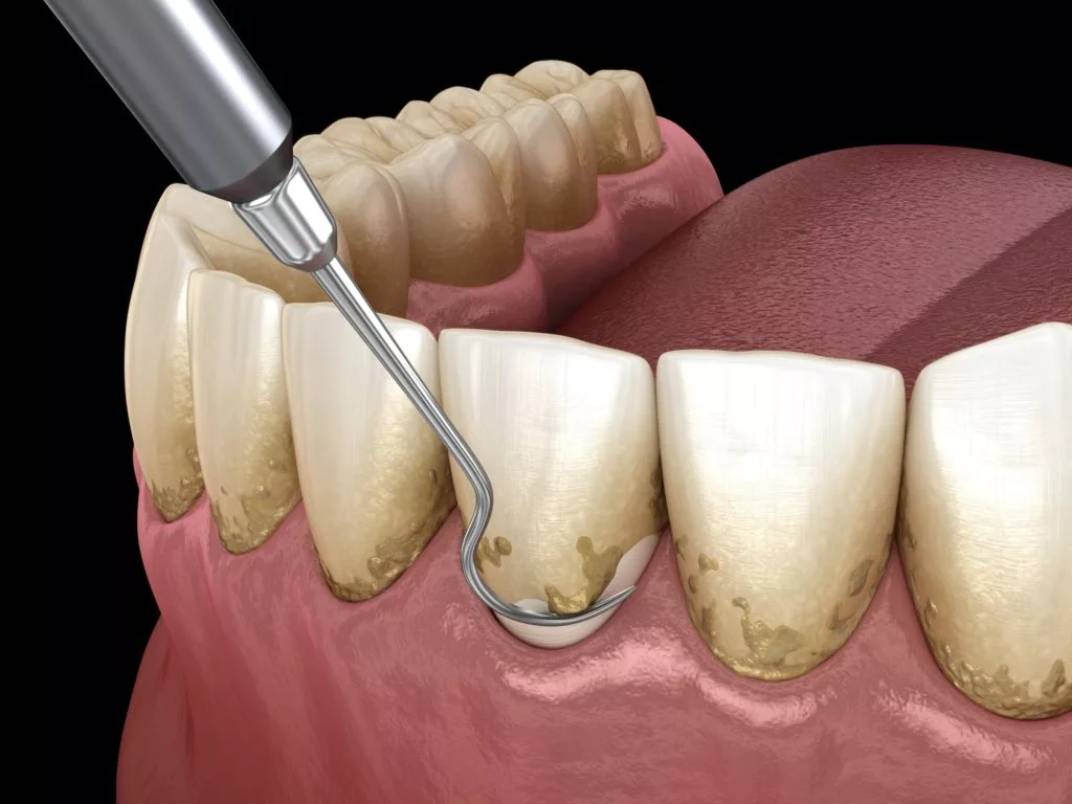As we age, maintaining good oral health becomes increasingly important. One essential aspect of oral hygiene is regular periodontal cleanings, also known as deep cleanings or scaling and root planing. However, the question on many Medicare beneficiaries’ minds is, “Does Medicare cover periodontal cleanings?” The answer is not a simple yes or no, but rather depends on specific circumstances.
Understanding Periodontal Disease
Before we dive into Medicare’s coverage, let’s first understand what periodontal disease is and why periodontal cleanings are crucial. Periodontal disease, also known as gum disease, is a chronic inflammatory condition that affects the gums and bone supporting the teeth. It is caused by the buildup of plaque and tartar, which harbor harmful bacteria.
If left untreated, periodontal disease can lead to tooth loss, gum recession, and even systemic health issues such as heart disease, stroke, and diabetes complications. Periodontal cleanings are a therapeutic treatment that helps remove the buildup of plaque and tartar from deep below the gum line, where regular brushing and flossing cannot reach.
Medicare’s Coverage for Dental Services
In general, Medicare does not cover routine dental services, including cleanings, fillings, extractions, dentures, or most other dental procedures. However, there are some exceptions where Medicare may cover dental services that are integral to other covered medical treatments.
Here are the instances where Medicare may cover periodontal cleanings or other dental services:
-
Inpatient Hospital Dental Services: If you require hospitalization for a dental procedure due to an underlying medical condition or the severity of the procedure itself, Medicare Part A may cover the dental services received during the inpatient hospital stay.
-
Dental Services Integral to Covered Medical Treatments: Medicare may cover dental services that are inextricably linked to the clinical success of certain Medicare-covered procedures or services. Examples include:
- Dental exams and necessary treatments to eliminate an oral or dental infection before organ transplants, cardiac valve replacements, or cancer treatments like chemotherapy or radiation therapy.
- Dental services required to address complications from Medicare-covered treatment for head and neck cancer.
- Dental ridge reconstruction performed simultaneously with the removal of a tumor.
- Dental splints used as part of the treatment for a covered medical condition like a dislocated jaw.
In these cases, the dental services are considered integral to the overall medical treatment, and Medicare may cover the associated costs, including periodontal cleanings if deemed medically necessary.
What Medicare Does Not Cover
It’s important to note that Medicare does not cover routine dental services, including:
- Regular dental cleanings or prophylaxis
- Fillings, extractions, or other routine dental procedures
- Dentures or other dental prosthetics
- Dental services performed solely to prepare the mouth for dentures, such as alveoplasty (surgical improvement of the alveolar process) or frenectomy (removal of the frenum under the tongue).
Additionally, Medicare does not cover dental services related to other non-covered services or procedures.
Medicare Advantage and Medicaid Coverage
While traditional Medicare has limited coverage for dental services, some Medicare Advantage (Part C) plans may offer additional benefits that include routine dental care, such as cleanings, exams, and even periodontal treatments. It’s essential to review the specific plan details and coverage to understand what dental services are included.
Moreover, for individuals who are dually eligible for both Medicare and Medicaid, some states may provide coverage for routine dental services, including periodontal cleanings, through their Medicaid programs. Beneficiaries should check with their state Medicaid agency to determine what dental services are covered.
Tips for Maintaining Oral Health
Regardless of Medicare’s coverage limitations, maintaining good oral hygiene is crucial for overall health and well-being. Here are some tips to help keep your mouth healthy:
- Brush twice a day with a soft-bristled toothbrush and fluoride toothpaste.
- Floss daily to remove plaque and food particles from between teeth.
- Visit a dentist regularly for professional cleanings and checkups.
- Quit smoking and limit alcohol consumption, as both can increase the risk of periodontal disease.
- Maintain a balanced diet rich in vitamins and minerals essential for oral health.
- Manage any underlying medical conditions, such as diabetes, that can impact oral health.
Conclusion
While Medicare’s coverage for periodontal cleanings and other dental services is limited, it’s essential to understand the exceptions where these services may be covered. If you require dental treatment as part of a covered medical procedure or to address complications from a covered treatment, Medicare may provide coverage.
However, for routine dental care, including regular cleanings and periodontal maintenance, you may need to explore other options, such as Medicare Advantage plans, Medicaid (if eligible), or private dental insurance. Prioritizing oral health through regular self-care and professional checkups can help prevent costly dental issues and maintain overall well-being.
Does Medicare Cover Dental?
FAQ
Is periodontal treatment covered by Medicare?
Is deep cleaning covered by Medicare?
Which is the best dental insurance for seniors?
|
Company
|
Forbes Advisor Rating
|
Plan name
|
|
Guardian
|
4.5
|
Diamond
|
|
Spirit Dental
|
4.5
|
Pinnacle Network and Core Network
|
|
Ameritas
|
4.0
|
PrimeStar Access
|
|
Anthem (other plans available)
|
5.0
|
Essential Choice PPO Platinum
|
How can I fix my teeth if I don’t have money?

